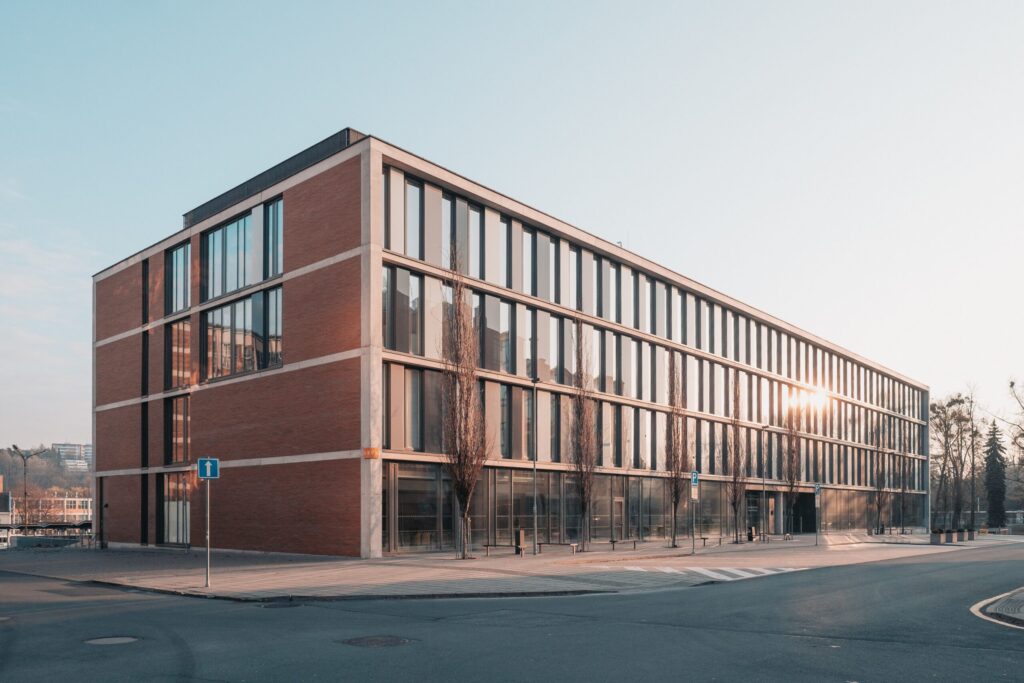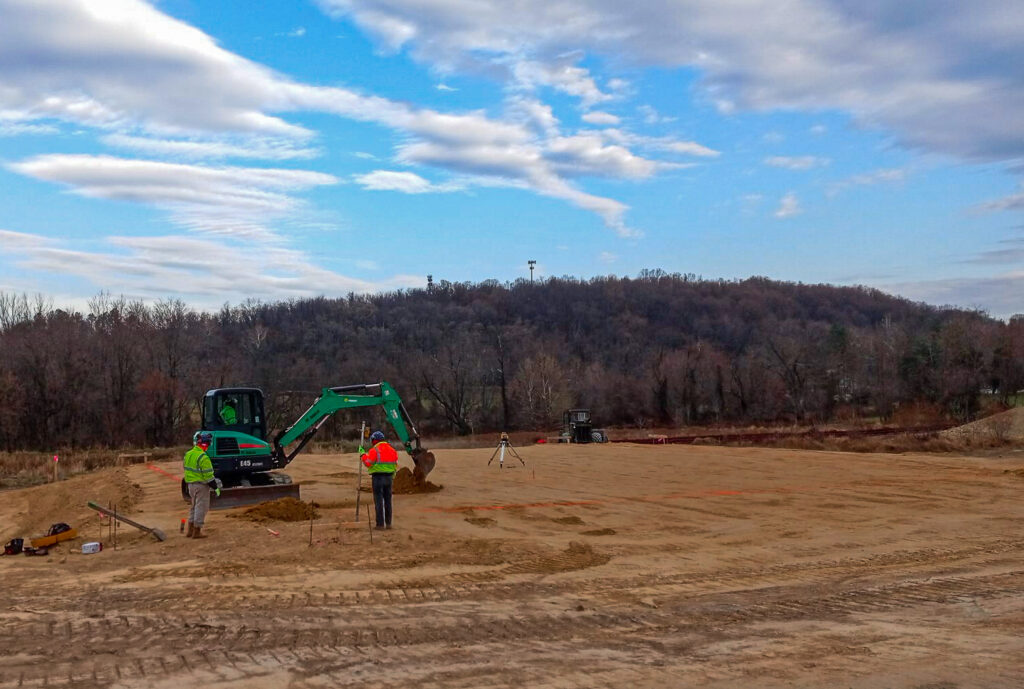The construction industry has long been perceived as a male-dominated field, but times are changing. Women are stepping into leadership roles, breaking barriers, and reshaping the narrative of what it means to work in construction. In a recent interview, Lisa Parcel, Chief Operating Officer (COO) of Contour Construction, shared her inspiring journey, insights on leadership, and the evolving role of women in the industry.
Hosted by Shelby Joe Long as part of the Women in Construction series, this conversation highlighted not only Lisa’s personal story but also the broader opportunities and challenges for women in construction. Here’s a deep dive into the key takeaways from the interview.
From Medical Assistant to Construction Leader: Lisa’s Unconventional Journey
Lisa Parcel’s path to becoming a COO in the construction industry was anything but traditional. She initially pursued a career as a medical assistant, driven by a personal connection—her child’s heart condition. However, after years in the medical field, Lisa found herself craving a change.
Her transition into construction began almost by accident. While helping her then-boyfriend (now husband) with social media for his construction company, she stepped into an administrative role when the need arose. What started as a temporary solution turned into a decade-long career. Over the years, Lisa has held nearly every position within the company, from project coordination to bookkeeping, and eventually rose to the role of COO.
“I’ve poured my heart and soul into this business and this industry,” Lisa shared. “It wasn’t what I thought I’d be doing, but I absolutely love it.”
The Culture Shift: From Medical Offices to Construction Sites
One of the most fascinating aspects of Lisa’s story is her transition from the medical field to construction. She highlighted the stark differences in workplace culture, particularly the pace and decision-making processes.
In the medical field, Lisa explained, the environment often feels nurturing and patient-focused. In contrast, construction is fast-paced, demanding quick decisions and a high level of confidence. “There’s not a lot of time for ‘feel-goods’ or making sure everyone’s needs are met,” she said. “It’s about getting the job done efficiently and safely.”
However, Lisa also emphasized that communication and client care remain critical in construction. “When a client is spending a significant amount of money—sometimes the most they’ll ever spend in their lifetime—you need to remain calm, rational, and reassuring,” she noted. These skills, honed in her medical career, have proven invaluable in her current role.
The Rise of Women in Construction
As a female leader in a traditionally male-dominated industry, Lisa has a unique perspective on the evolving role of women in construction. She shared that while men still outnumber women in the field, the industry is making strides in promoting and supporting female professionals.
“I deal with women quite a bit in this industry,” Lisa said. “From superintendents to project managers to business development roles, women are everywhere.” She highlighted the importance of recognizing and celebrating women’s contributions, not as a checkbox exercise, but as a genuine acknowledgment of their skills and leadership.
Lisa also pointed out that women bring unique strengths to the table, such as attention to detail, organizational skills, and strong communication abilities. “Women’s intuition is a real thing,” she added. “We pick up on social and physical cues that others might miss, which can be a huge advantage in meetings and negotiations.”
The Future of Construction: Opportunities for Women and Youth
Looking ahead, Lisa is optimistic about the future of the construction industry—and the role women will play in shaping it. She envisions more women entering the field, drawn by the diverse opportunities and rewarding career paths it offers.
“Construction is an industry where you can succeed with or without a college degree,” Lisa explained. “You can start at an entry-level position and work your way up to owning a company or leading a team. That kind of upward mobility is rare in other industries.”
However, Lisa also acknowledged the challenges the industry faces, particularly the labor shortage. With a generation of skilled workers retiring, there’s an urgent need to attract younger talent—both men and women—to fill the gap. “We need to get youth involved earlier and help them understand the value of a career in construction,” she said.
Advice for Aspiring Professionals
For anyone considering a career in construction—or a career change in general—Lisa’s advice is simple: take the leap. “Construction is a tough industry, but it’s incredibly rewarding,” she said. “Every day is different, and you get to see the tangible results of your work.”
She also emphasized the pride that comes with being part of an industry that builds the foundations of communities. “Whether it’s the doctor’s office where you found out you were pregnant or the restaurant where you celebrate milestones, construction is at the heart of so many memories.”
Final Thoughts: Building a More Inclusive Future
Lisa Parcel’s story is a testament to the power of adaptability, resilience, and leadership. Her journey from medical assistant to COO underscores the diverse opportunities available in the construction industry—and the vital role women play in driving its success.
As the industry continues to evolve, conversations like these are essential for inspiring the next generation of leaders. By highlighting the achievements of women like Lisa, we can challenge stereotypes, broaden perspectives, and build a more inclusive future for construction.
Full interview:

Lisa Parsell is the Chief Operating Officer at Contour Construction, bringing nearly a decade of experience across business development and operations. She leads with a focus on efficiency, innovation, and high-quality project delivery.




